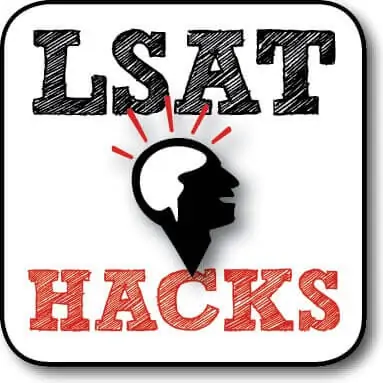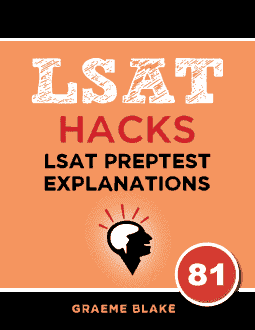QUESTION TEXT: Tenants who do not have to pay their own electricity…
QUESTION TYPE: Weaken
CONCLUSION: Society will save energy if landlords install electricity meters and bill tenants for heating.
REASONING: Right now, tenants have no motive to save energy.
ANALYSIS: This argument seems to make sense. That’s a red flag. If an argument seems to make sense, don’t just move on to the answers. Ask yourself: “how could this be wrong?”.
In this case, ask yourself “how could the present system save electricity?”. And set up an explicit contrast:
- Current system: landlords pay
- New system: tenants pay
Ask yourself, specifically “how could we save electricity if landlords pay for it?”. In this formulation, the answer may become obvious: if landlords are paying, then landlords may control some aspects of electricity use.
When LSAC says something like “tenants do not have to pay and have no incentive”, then it puts you in the frame of mind of only thinking about tenants. That’s where they want you. You have to get out of their framing.
(I prephrased this by thinking of my grandmother, whose landlord controlled heat in her building for years. This isn’t the exact answer, but it got me thinking of “landlord control”)
___________
- This is usually true about the world. But you’re not looking for something true. You’re looking for something that weakens the argument. And this doesn’t do that. Imagine rents in a market are as follows: $1200 for the apartment + whatever you pay for electricity. If you pay, as a tenant, you may try to keep that number as low as possible. Maybe you’ll aim for $100. So, your total cost will be $1300. Now, suppose that if tenants don’t pay, landlords know tenants will use $150 per month on average, as tenants are more wasteful when not paying. What will landlords charge for electricity-inclusive rent? $1350.
That’s what this answer is saying: it’s just stating the basic fact that there’s no free lunch. But it says nothing about the incentives governing tenant electricity use. - This says to educate “people”. Which people? If tenants aren’t paying for electricity, the amount they can personally save through energy conservation is $0. Education about saving money on electricity does nothing when potential savings are nothing.
- CORRECT. In the current system, landlords pay. This shows that landlords have an incentive to keep electricity costs down, and that they have at least some control over electricity usage.
- “Some” is a vague word; it can mean “one”. You should read answers at their least useful. So if “one” tenant dwelling can’t be rewired, what does that matter? The conclusion was only about what happens if more landlords install meters.
- Like A, this is something true in the world, but you’re not supposed to look for something true. You know what else is true in the world? “Some people don’t care about energy conservation unless it costs them”. Both that statement and the answer are accurate! The problem with “some”, and with this answer, is that “some” is a vague word, and can mean as little as 1% of people. The argument wasn’t dependent on all tenants being wasteful or not. It only depended on a sufficient number of people being motivated by financial incentives. If, say, 35% of people would conserve more if given a financial incentive, then this argument could be alright.

Free Logical Reasoning lesson
Get a free sample of the Logical Reasoning Mastery Seminar. Learn tips for solving LR questions


Leave a Reply